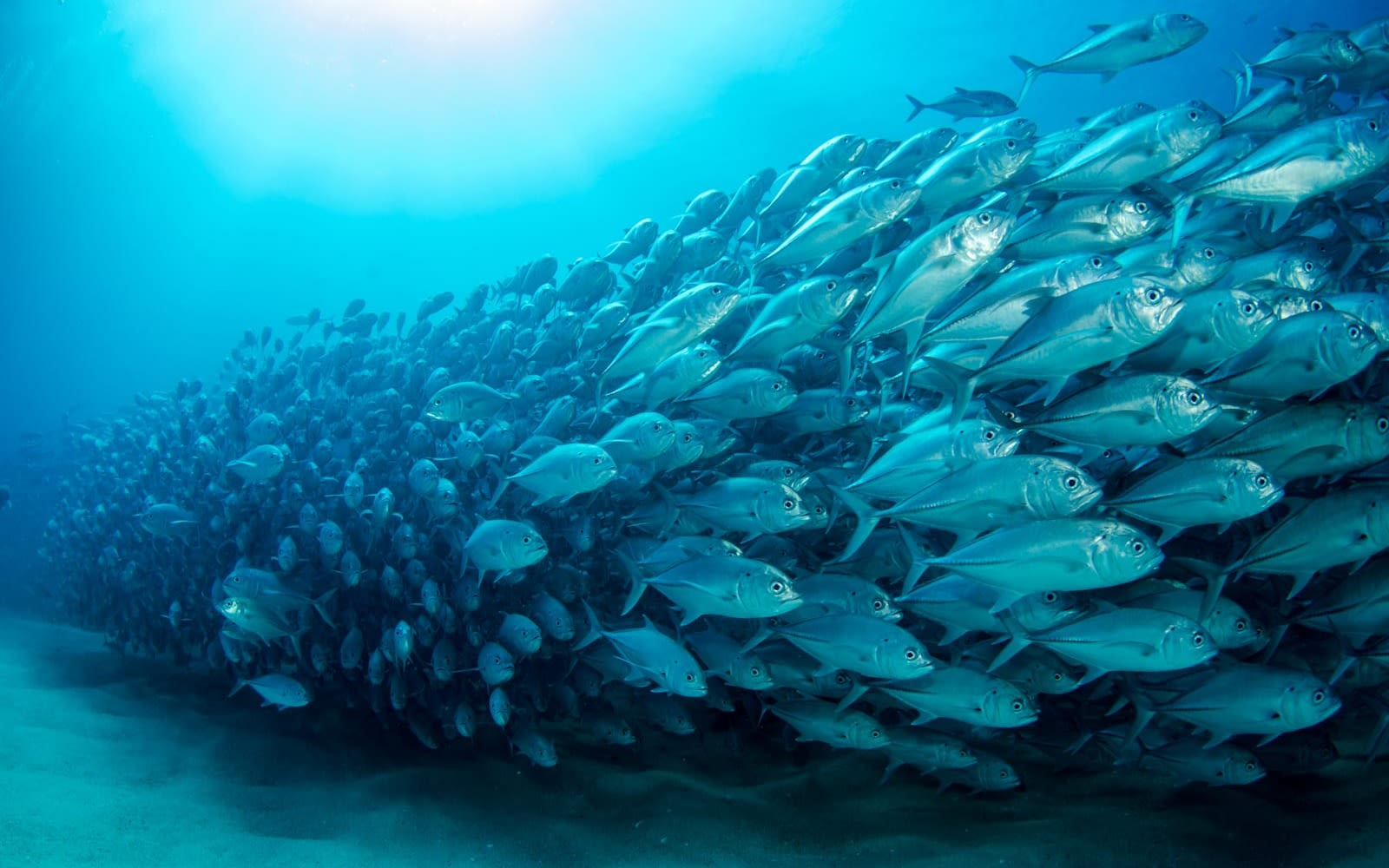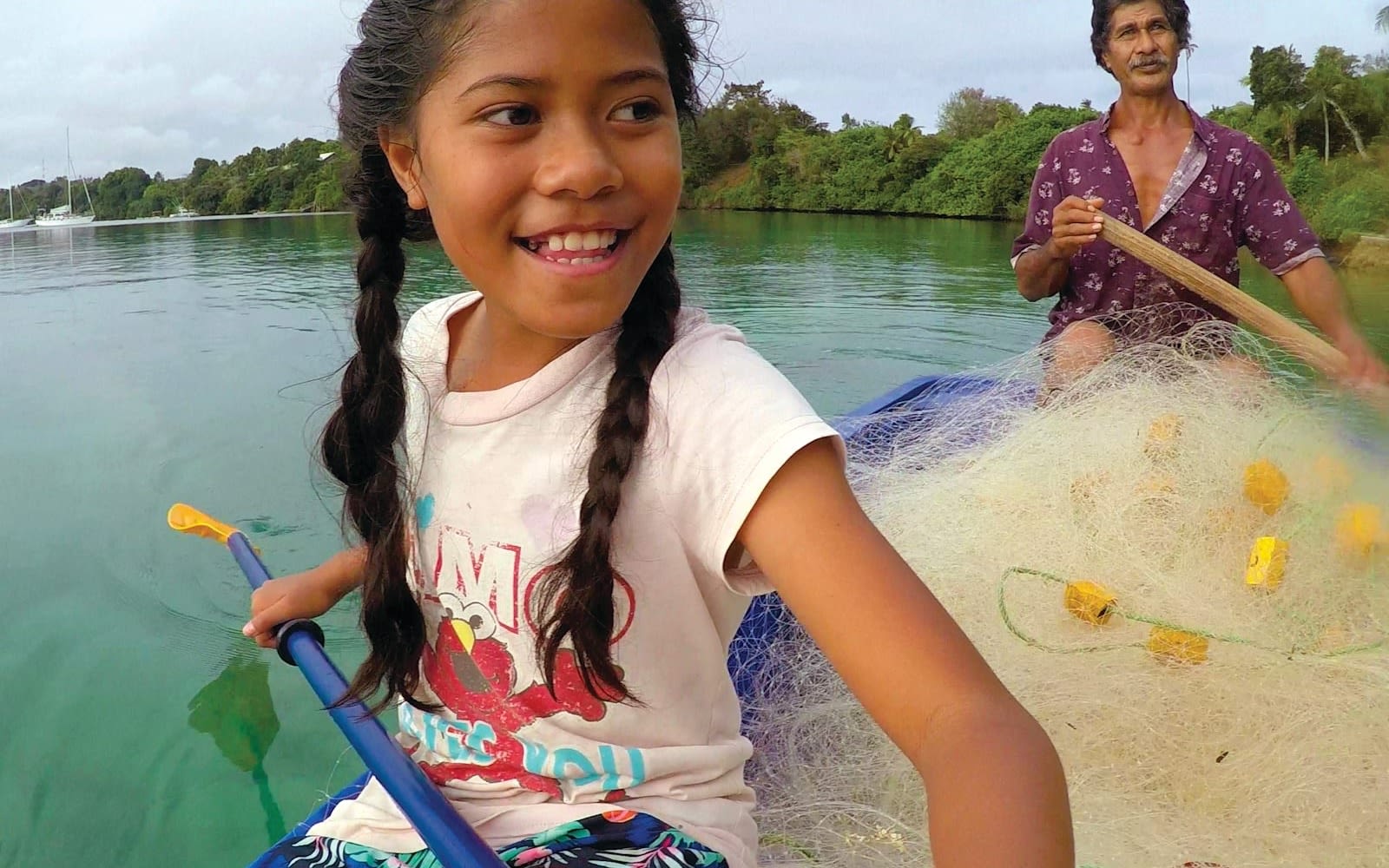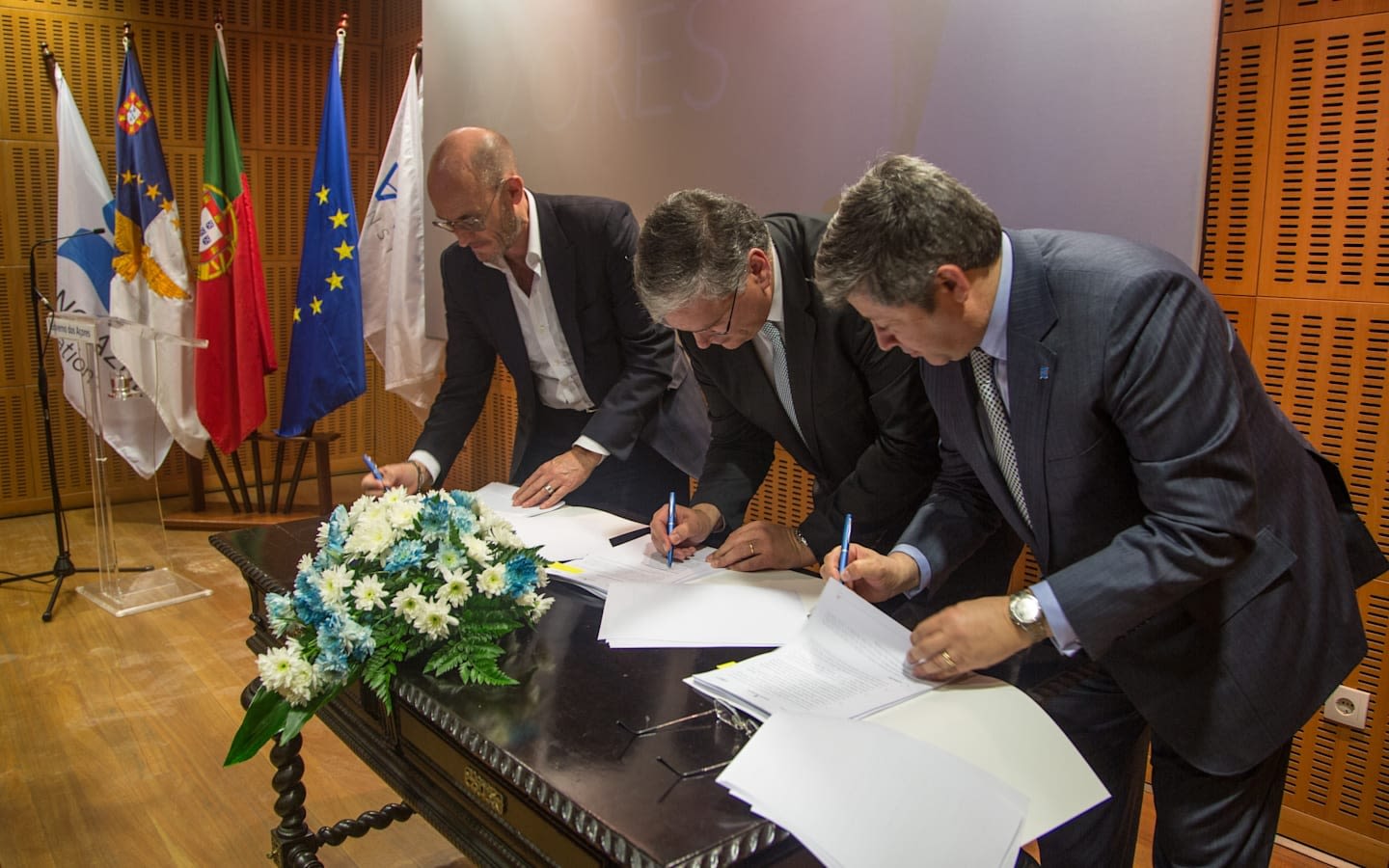What does the future hold: An ocean perspective
As countries slowly adapt to the new reality of 2020, with its harsh economic and community impacts, there has been a lot of talk about how we can best recover and rebuild.
Much has been made of our ability to rebuild smarter and more sustainably and I’m here to tell you, any conversations we have must include the planet’s life support system: the ocean. Valued at over $24 trillion in some studies, the ocean is the seventh largest economy in the world. That includes fisheries, tourism, and shipping services, but doesn’t include additional benefits from renewable energy, cultural value, or reducing climate change impacts.
That economy has been under tremendous stress from over-exploitation, mismanagement, and neglect for a long time, and now many ecosystems may be on the brink of collapse.
Luckily, ocean ecosystems are able to heal, if we can give them a break. If we can be thoughtful about moving forward, our salvation can come from the very same place that gives us more than half the oxygen we breathe and creates livelihoods for over three billion people.
The ocean economy is growing: to name a few tourism, fisheries, marine renewable energy, and biotech are set to grow at double the rate of any land industry by 2030. This is a bright light for countries and communities who have seen their economies stall in the middle of the pandemic. But it’s also a cautionary statistic.
We cannot ride this wave of growth without making thoughtful and sustainable choices, or we’ll end up crashing right into collapsing fisheries, bleached reefs, and poisoned waters as we’ve seen all over the globe. 2030 is also the target given by the United Nations as the year by which we must protect 30 per cent of the world’s ocean space in order to give our environment a chance to rebuild and thrive.
The good news is that we don’t have to choose between the economy and the environment. The environment is the economy; it’s the basis for all life and everything we do. And we have to keep it healthy to keep ourselves healthy. That’s what we do as the Blue Prosperity Coalition, a network of experts from every discipline who have come together to work directly with governments to restore the ocean and grow economies. One of the best tools governments can use is Marine Spatial Planning, a comprehensive and inclusive process to balance ocean use while also ensuring proper protection for environmental recovery.
It’s about using ocean resources efficiently, protecting vulnerable areas that need to heal, and focusing on industries with the best potential to sustainably grow the economy. Governments can leverage the wealth of the ocean without damaging it, creating jobs today in ways that build more prosperity for the future. We can address the economic and environmental crises that threaten so many people at the same time. Working hand in hand with fishers, ocean industries, scientists, and politicians means we can better address the needs and hopes of our diverse communities, so we can support each other while also supporting the environment upon which we rely.
The Blue Prosperity Coalition is working now with eight different governments, and many other countries around the world are engaged in some manner of Marine Spatial Planning and Blue Economy Planning for a more sustainable, resilient future. So far, 70 countries have made resolutions to protect portions of their ocean territories, and the countries in the Blue Prosperity Coalition have made a combined commitment to protect 1.54 million square kilometers of our ocean ecosystem. Now more than ever we need to ensure a reliable support system for our communities: clean waters teeming with life, protection from a changing climate, and a diverse, blue-green economy that brings jobs, food, and security. That support system starts with our ocean. Just like controlling the pandemic, protecting our ocean needs to be a global effort; no one country can solve this alone. It’s time to invest in equitable, sustainable development, properly managed fisheries, blue research, and climate crisis mitigation. The time is now for building the Blue Economy.
- This is a guest blog and may not represent the views of Virgin.com. Please see virgin.com/terms for more details.
This post is part of a series produced by Virgin Unite in partnership with Ocean Unite, an initiative to unite and activate powerful voices for ocean-conservation action.


